The Institute for Molecular Engineering (IME) at the University of Chicago has recently recruited seven new faculty members for the 2018-2019 academic year, bringing the total number of faculty to 28.
The addition of these researchers reflects the rapid growth IME has experienced since its inception in 2011 said Matthew Tirrell, dean and founding Pritzker director of the institute. Administrators brought eight professors on board within the institute’s first three years and 17 professors by year five. IME leadership is working toward a current goal of 35 faculty members.
“The ability to attract creative and talented new faculty to the institute shows that our approach to research and education has struck a chord with educators, scientists, and engineers across the country and the world,” said Tirrell. “Innovation doesn’t happen in a bubble and our model of collaboration across disciplines allows for a faster and more holistic approach to addressing societal problems that have a global impact.”
The new faculty include:
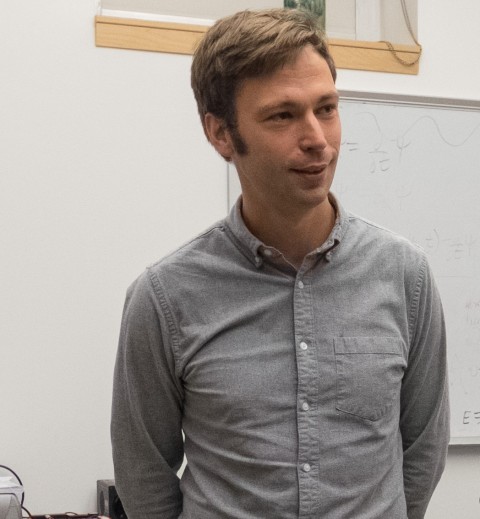
Hannes Bernien, who will join IME as an assistant professor. Bernien studies quantum many-body physics and quantum information processing, and seeks to develop new ways of engineering large, complex quantum systems. He has had research published in numerous journals, including Nature, Science, and the Proceedings of the National Academy of Sciences. Currently a postdoctoral fellow at the Harvard Quantum Optics Center, Bernien received his master’s in physics from the University of Hanover, Germany. He earned his doctorate from Technical University Delft, the Netherlands, where he graduated cum laude. His awards include the Kavli PhD Thesis Prize and the Elsevier Diamond and Carbon Materials Young Scholar Prize.
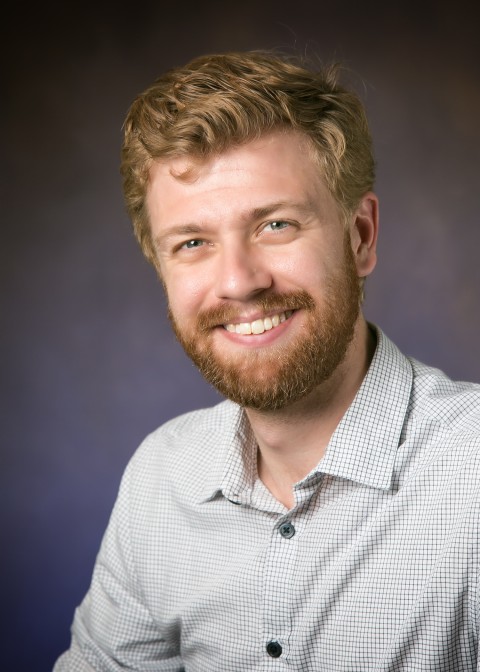
Andrew Ferguson has interests in biomolecular simulation, machine learning, materials self-assembly, viral dynamics, and vaccine design. He joined IME as an associate professor in July. A widely-published author, he has been recognized with several national awards, including a 2015 ACS Outstanding Junior Faculty Award, 2013 NSF CAREER Award, and 2013 Institution of Chemical Engineers North America Young Chemical Engineer of the Year Award. Ferguson earned a Master of Engineering degree from Imperial College London and a PhD from Princeton University. He was a Ragon Postdoctoral Fellow at Massachusetts Institute of Technology. Before joining IME, Ferguson served as an associate professor of materials science and engineering and of chemical and biomolecular engineering, and an affiliate associate professor of physics and of computational science and engineering at the University of Illinois at Urbana-Champaign.
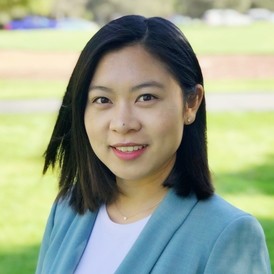
Chong Liu, who serves as the Neubauer Family Assistant Professor, focuses on the design and synthesis of materials. Specifically, she develops electrochemical tools to aid in water purification, including mineral extraction. Liu has four patents and has been published in a number of leading journals, including Science, Nature Nanotechnology, Nature Energy, Nature Communications, and the Proceedings of the National Academy of Sciences. She received a bachelor’s degree in chemistry from Fudan University in Shanghai and both a master’s and PhD in materials science and engineering from Stanford University. From 2015-2018, she worked as a postdoctoral researcher at Stanford.
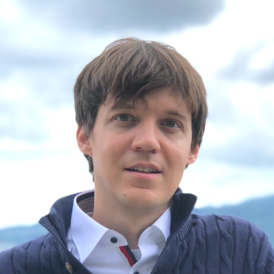
Peter Maurer develops novel nanoscale imaging technology for the study of biological systems. His approach combines state-of-the-art techniques from quantum optics, quantum information technology, and single molecule biophysics. He will join IME as an assistant professor. Most recently a postdoctoral researcher at Stanford University, Maurer has three patents and a dozen published research articles. He received a Fulbright Science and Technology Award, Harvard Merit Fellowship, and three Interdisciplinary Neuroscience Scholar Awards from Stanford University. He earned a master’s in physics from Swiss Federal Institute of Technology Zurich, Switzerland and a doctorate from Harvard University.
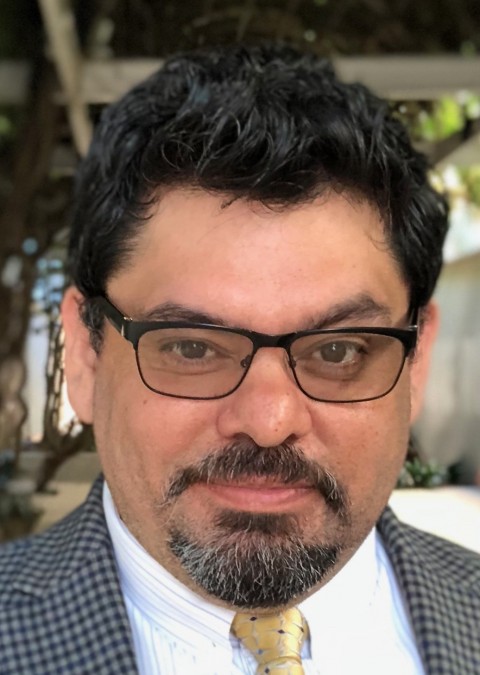
Juan Mendoza has expertise in cancer research, bioinformatics, protein engineering, structural biology, and immunology. He will join IME as an assistant professor. Mendoza holds three patents and has been published in leading journals, including Cell, Immunity, the Journal of Biological Chemistry, and the Journal of the American Chemical Society. A current postdoctoral researcher at Stanford University, his honors include an NIH NCI Career Development Award, Helen Hay Whitney Foundation Fellowship, and Damon Runyon Cancer Research Foundation Fellowship. He received a bachelor’s degree in biochemistry from San Francisco State University and a doctorate in molecular biophysics from the University of Texas Southwestern Medical Center.
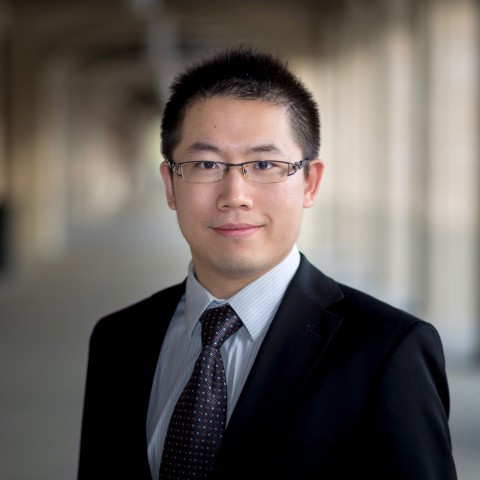
Sihong Wang, who will join IME as an assistant professor in September, studies and develops soft electronic and energy materials that can be merged with human tissue to help monitor and control complicated health issues and diseases. Wang holds five patents and has been published in numerous high-impact journals, including Nature, Science, Nature Communications, Science Advances, Advanced Materials, Energy & Environmental Science, Nano Letters, and the Journal of the American Chemical Society. His research has been cited more than 6,800 times and he has an H-index of 42. He received a bachelor’s in materials science and engineering from Tsinghua University, China and a doctorate in materials science and engineering from the Georgia Institute of Technology. He has served as a postdoctoral fellow in chemical engineering at Stanford University since 2015.
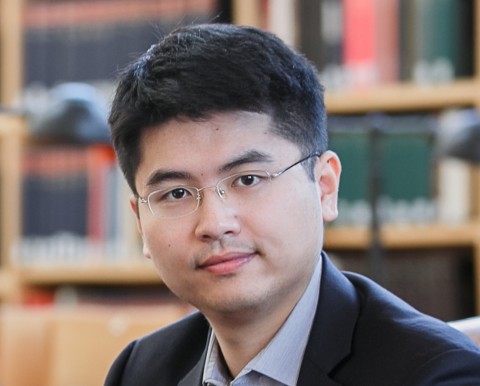
Shuolong Yang, currently a postdoctoral fellow at the Kavli Institute at Cornell for Nanoscale Science, will join IME as an assistant professor. Yang’s research explores condensed matter physics, strongly correlated materials, high-temperature superconductors, and topological insulators. Yang has more than a dozen published research articles and has presented at nearly 20 conferences. His honors include the Larry Yung Scholarship and the J.E. Wallace Sterling Award for Scholastic Achievement. Yang earned his undergraduate degree in physics and PhD in applied physics, both from Stanford University.